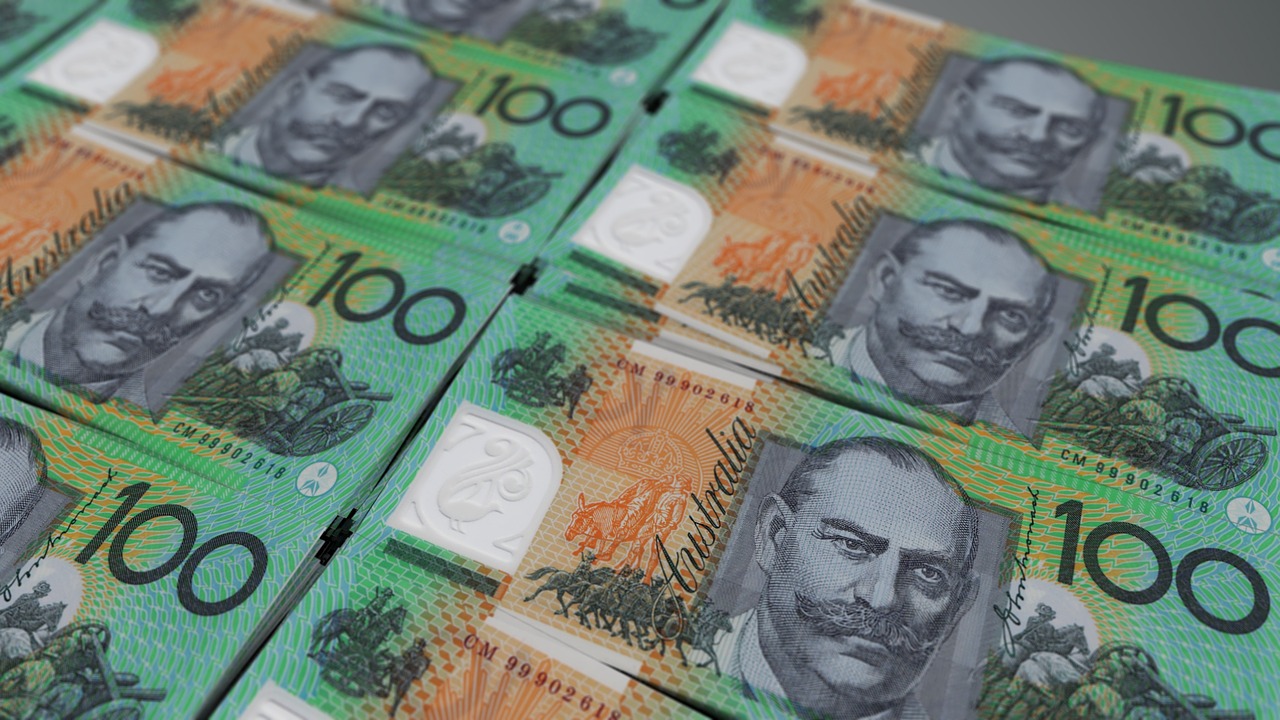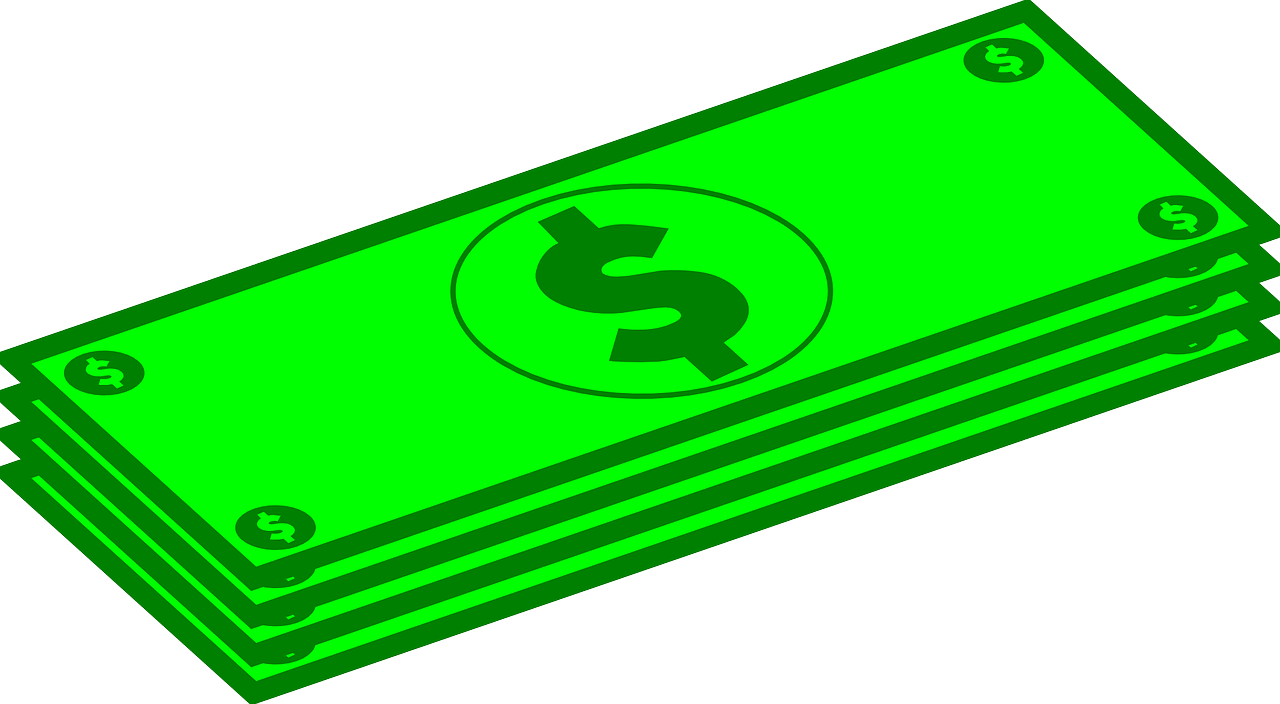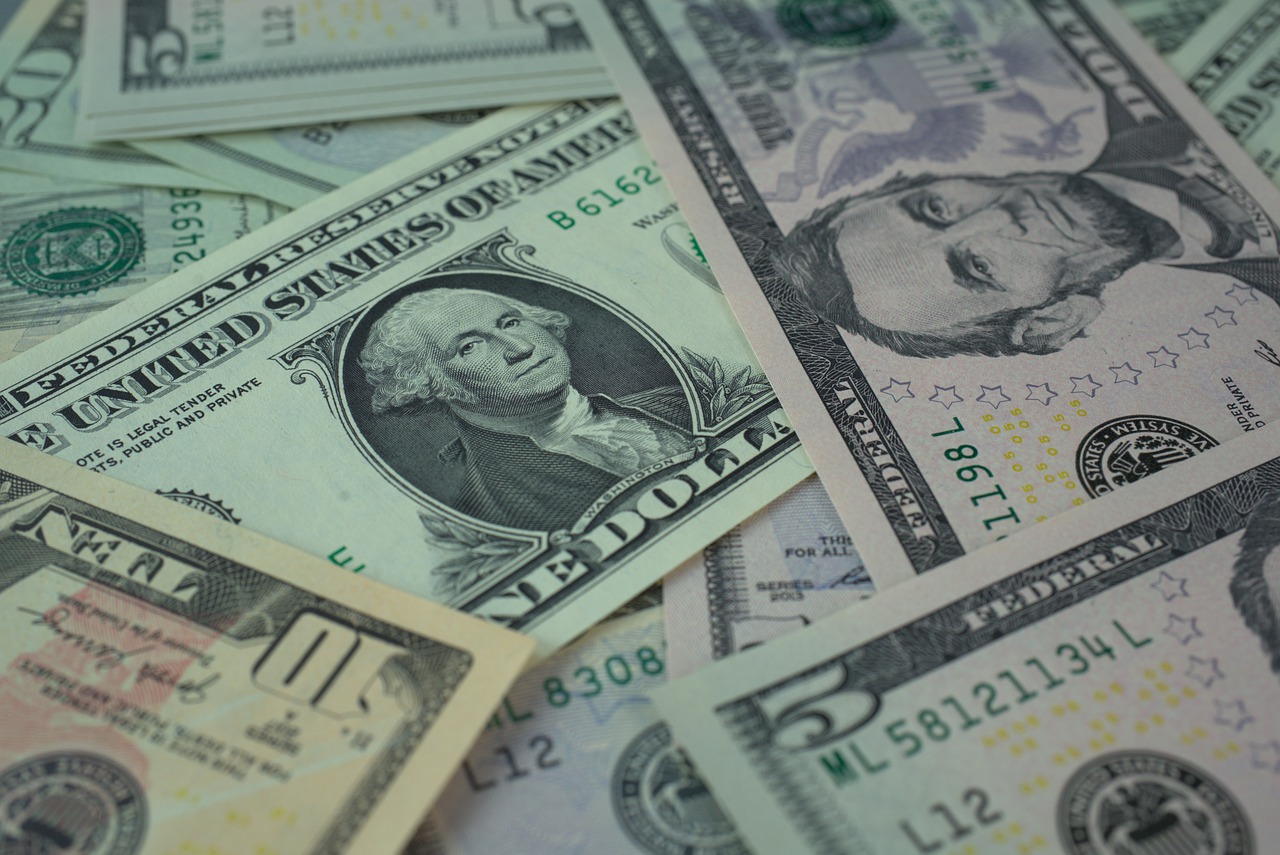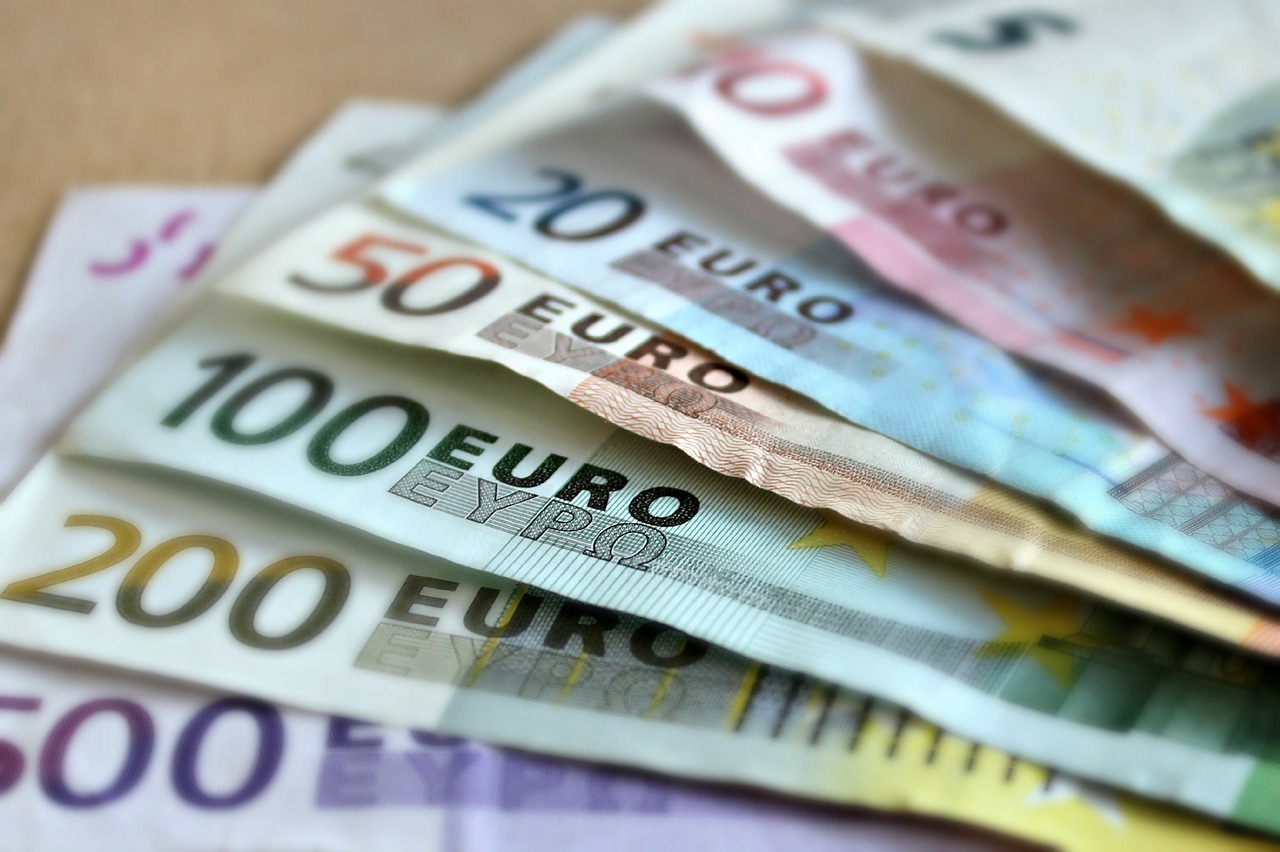Dollar Ends Week Lower on COVID-19 Aid and Election Concerns
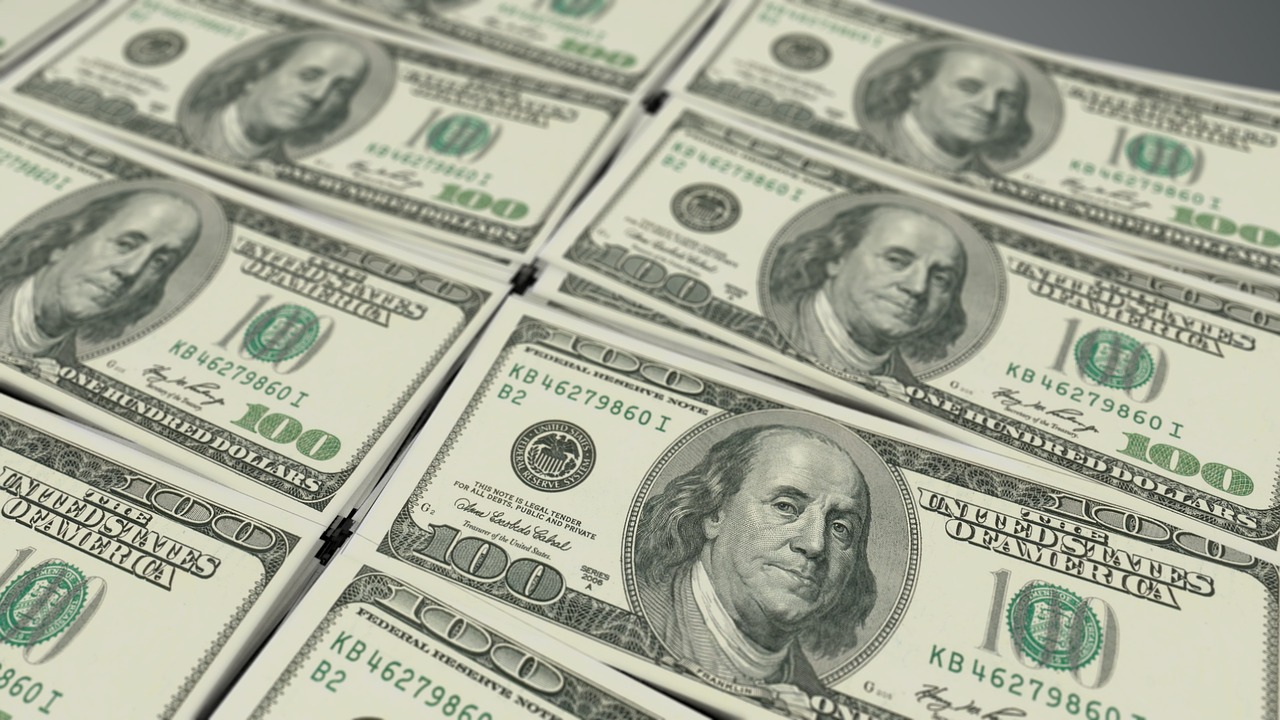
On Friday, the dollar weakened a bit against a basket of other major currencies, amidst uncertainty over a new round of financial aid just ahead of the U.S. presidential elections. The greenback was on track for a weekly decline of about 1%. U.S. House of Representatives Speaker, Nancy Pelosi said that it was still possible to get another round of coronavirus aid before the elections on November 3rd, but President Donald Trump would have to get the Senate Republicans on board if he wants to reach a deal. Steve Mnuchin and Trump countered that she would need to compromise because there were some major differences between the Trump administration and the Democrats.
Betting on a Biden victory, the market is still expecting a stimulus by the end of 2020, according to market analysts. Therefore, hopes of a big stimulus have boosted risk appetite this week and this has kept the dollar low. There was a decline of 0.23% or 1% in the dollar index for the week. On Thursday, Trump and his challenger Joe Biden had squared off in a less raucous debate than the previous one. However, tensions remained quite high, as plenty of personal attacks were made and the focus was on how the COVID-19 pandemic was handled.
In the near term, there is a good chance that the dollar will be stuck in a holding pattern, as there is a risk that the election could be contested, plus the market is also waiting for clarity regarding a financial aid package. In Europe, business surveys were conducted in Germany and France, which showed that that the impact of the second wave of coronavirus infections in the two biggest economies of the eurozone were threatening to derail the nascent recovery made by the bloc. Nevertheless, the euro still managed to edge higher at 0.34% against the dollar to reach $1.1859.
Analysts said that markets are betting on growing returning in 2021 with a vengeance. Therefore, such risk-on flows can be seen in the market and the dollar remains weak relatively. It is also why the euro refuses to collapse, despite the millions of coronavirus cases in France and Spain and all the other problems in Europe. In fact, the euro also strengthened after it was reported by Reuters that France was laying down some groundwork for compromising on fisheries so a Brexit trade deal could be signed between Britain and the European Union.
Initially, this caused the sterling to rise, but it eventually gave back its gains and highlighted the headline risk to the pound in relation to Brexit developments. The pound was down against the dollar by 0.37%, as it was trading at 1.3033. Elsewhere, the safe-haven yen also declined against the dollar by 0.12% to reach 104.725. In contrast, the Chinese yuan was up against the dollar by 0.03% after comments by a Chinese official suggested that authorities were not too concerned about its rise. In the coming week, the third-quarter data for domestic products in the US is expected on Thursday.


